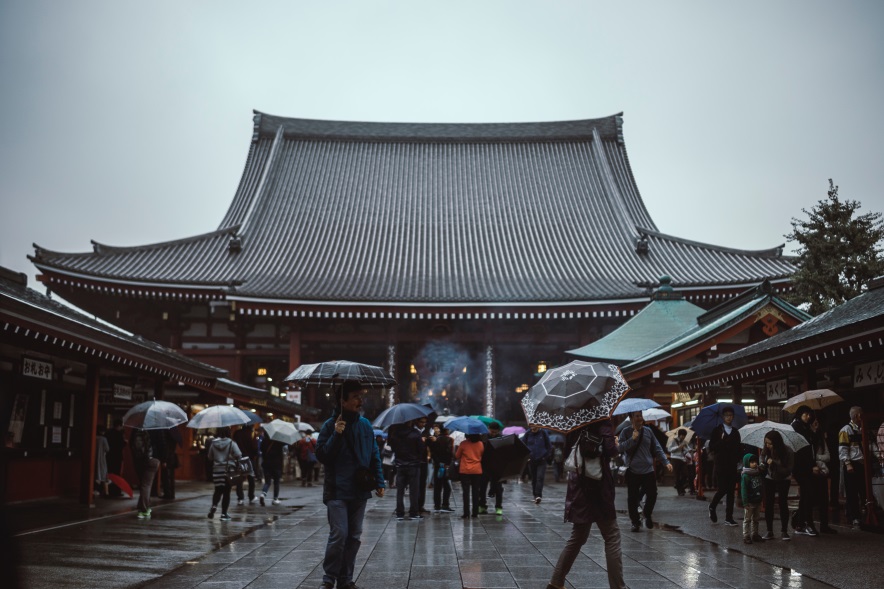Book Review: Resilience in Asia
Butterworth-Heinemann; Elsevier.com; 368 pages; $79.95.
Disasters are messy affairs for any security officer. There is only one certainty: Conditions will be bad. While Urban Disasters and Resilience in Asia focuses on Asia, its lessons could easily apply to floods in Africa and earthquakes in South America.
The editors and contributors are mostly Asia-based academicians who study the environment, engineering, geography, architecture, urban planning, and disaster preparedness. Among the topics they cover are cities and climate change, resilient homes, urban impact on farmlands, disaster risk reduction in Vietnam, micro-financing, food security, flood risk reduction in Bangladesh, post-disaster recovery in Japan, and water stress in India.
The authors typically appeal for government risk-reduction policies and funding for preparedness rather than for tighter security measures, and this reviewer concludes that any value for security professionals to be derived from the book is implied rather than explicitly stated.
Still, Westerners in particular have much to learn from a book with the words “Asia” and “resilience” in the title. The array of detailed, Asia-based case studies (some with useful photographs) highlights the profound cultural traits of the region that will be unavoidably encountered by security elements tasked with addressing disaster management there. Similarly, the examples of resilience-oriented measures provided should assist in such efforts as planning for evacuations, recruiting experienced staff for disaster response, and ensuring adequate communication in emergencies. As the career paths of security personnel become increasingly unpredictable, it will do no harm to sample the flavors of urban disasters and resilience offered in this book.
--
Reviewer: Jim Dunne, CPP, is a member of the ASIS Council for Global Terrorism, Political Instability, and International Crime. He is a part-time instructor at the George Washington University and a senior analyst in the U.S. State Department’s Bureau of Diplomatic Security. The views expressed are his own and not necessarily those of the U.S. government.
